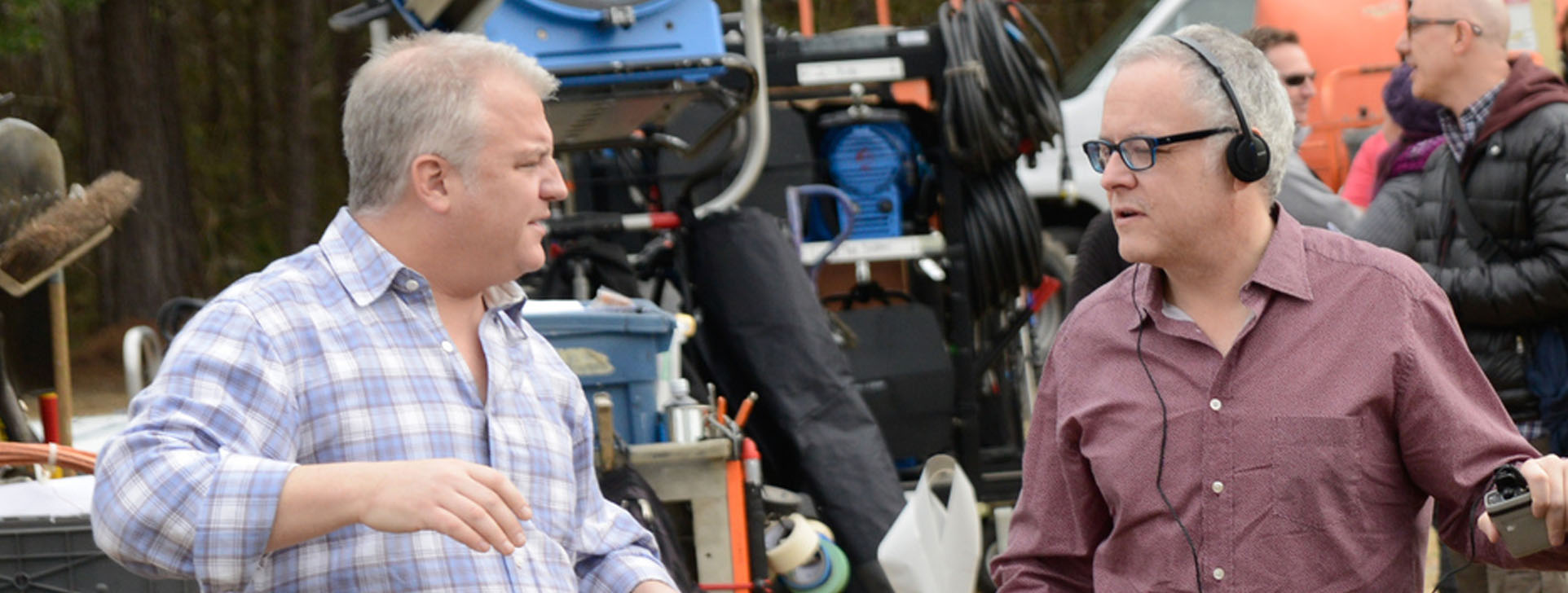A Sample of Sessions from Previous Intensive Weeks
Stories for Health explores the neurobiological and psychological basis of storytelling. Faculty: Jonathan Adler and Annie Brewster
Stories for Social Change looks at how medical stories can be translated into dramatic television episodes to educate and influence viewers. This module will also show how a range of storytelling techniques can be used to promote public health. Faculty: Neal Baer
Telling Evidence-Based Stories Through Solutions Journalism explores what solutions journalism is—and is not and when to use this style of storytelling. Faculty: Tina Rosenberg, longtime New York Times journalist and winner of the Pulitzer Prize for General Non-Fiction and the National Book Award for Nonfiction.
Can Data Science Save the Environment? enhances knowledge of how data and data science can inform environmental policy and climate change and how to promote actions to save the environment. Faculty: Francesca Dominici, co-Director of the Harvard Data Science Initiative, at Harvard University, and the Clarence James Gamble Professor of Biostatistics, Population, and Data Science at the Harvard T.H. Chan School of Public Health.
Visual Storytelling in Science and Medicine considers the varied uses and formats in visual storytelling and the use of visualization beyond the inspection of data and communication. Faculty: Gaël McGill, Director of Molecular Visualization at the Center for Molecular and Cellular Dynamics at Harvard Medical School where his teaching and research focus on visualization design methods in science education.
The Power of the Essay examines how personal essays can open up important discussions of health-related problems. How do we tell our (and our patients’) private stories publicly? How can cases be transformed into compelling stories? Faculty: Suzanne Koven
Music in the Healthcare Setting—Communication and Community will look at correlating the impact of music on development and well-being and suggests ways to integrate music into the healthcare narrative. Faculty: Lisa Wong, associate co-director, Arts and Humanities Initiative, Harvard Medical School; past president and a current violinist in the Longwood Symphony Orchestra, the ensemble of Boston’s medical community.
Comics and Health will define the emerging field of "graphic medicine" by describing examples of graphic medicine innovations in medical education and the patient experience together with discussing how participants might incorporate the mode of visual storytelling. Faculty: Grace Farris, assistant professor of internal medicine at Dell Medical School at the University of Texas. Dr. Farris explores identity formation and the lived experiences of women in medicine through graphic medicine in a monthly comics column ("Dr. Mom”) in the Annals of Internal Medicine.
Writing and Pitch Op-eds provides perspective on the op-ed genre together with insights on writing and tips on submitting an op-ed. Faculty: Torie Bosch, editor of the STAT First Opinion.
The Play's the Thing identifies the basics of conventional theatrical structure, how to craft a compelling dramatic question to use as the basis of a work of theatre, and the alternatives to a literary approach to theatre through a survey of applied theatre techniques. Faculty: Ricardo Pérez González, playwright and a new member of the Emerging Writer's Group at the Public Theater and recipient of two grants from the Lower Manhattan Cultural Council
Storytelling to Improve the Lives of People with Historically no Access to Quality Medical Care considers how journalists choose stories and report on race, racism, and the social determinants of health and unravels how reporters communicate the health narratives of marginalized communities. Faculty: Linda Villarosa, a contributing writer to the New York Times Magazine, covering race and public health and a former executive editor at Essence Magazine.



